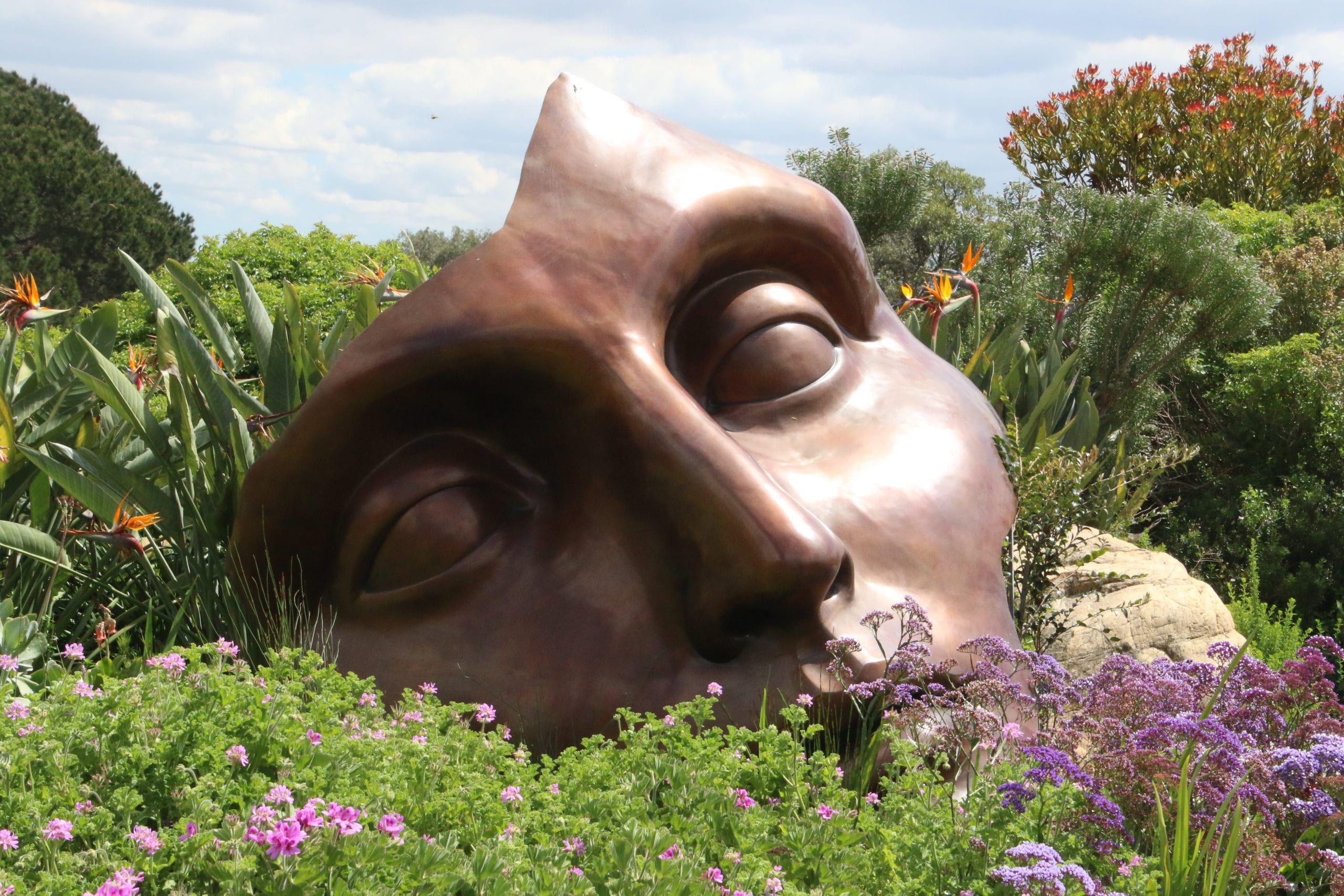(Be)longing – Almas Merchant, PhD
“Allahu Akbar!” Like every Muslim child born, these were the first sounds uttered directly into my ear. And in that moment, the beginning of what Anzieu (1989) has termed the “audio-phonic skin,” rang out loud, reverberating in my psyche today (p.158). Since March, every Saturday at 10am, I am reminded of this “psychic envelope” by my West Indian neighbors next door. They congregate as a family to sing praises of the Christian Lord. Their young children, often endearingly off-key, stumbling over well-practiced words, add an aural texture to a ritual of prayer within which I locate myself as a child on Friday afternoons at home in Dubai and Mumbai; afternoons filled with impatience, prayer of course, kept me from playing with friends and away from things I actually enjoyed.
In the shadow of a pandemic amidst the sounds of sirens, police choppers, and fireworks, it was not insignificant that I came to crave the sounds of other humans. Death had been at our Brooklyn doorstep for months—first the unnamed masses taken by an uncontrolled virus, numbers rising to vertiginous heights and then the names of those dead from the brutality of state sanctioned murders recounted daily. Meanwhile, my professional life was reduced to many hours spent at my rocking chair, holding my 15” laptop with my patients’ images trapped within it. Their sounds were refracted echoes through a video call interspersed with moments of, “Can you hear me now” and “oh, I seem to have lost connection.” And also, “You’re frozen on the screen.” These moments of loss jar me out of any illusion of normalcy in our meetings. An antidote to the overwhelming signal anxiety of signals that have lost meaning in their seeming permanence, I felt held, even enveloped, by sounds of unperturbed life.
In some ways, this “new normal” is not really that new for an immigrant such as myself and has never really felt normal, either. Coming to the United States as an adult, I have watched much of my family’s life through a video call; it’s a life of playing catch up. India is already in the future by the time I wake up in New York. And yet, I am reminded often by patients how unsettling it all is. A new patient who started working with me over video highlights that they have no idea how tall I am; we laugh at the absurdity of this.
In late August, a stroke of good luck and some serious negotiating with my landlord made it possible for me to see some of my patients in a backyard of a Brooklyn brownstone. Some creative furniture arrangements, including a gazebo and sound machine allows us a level of privacy. My patients and I recognize that the containment offered by these makeshift structures are somewhat illusory and we speak at a register that is lower than usual. Yet our sounds are sonorous to each other. I am delighted as they take in their new surrounds and one of them exclaims in delight about a squash plant growing behind me. I can take no credit for the gardening skills on display in this backyard, but am equally thrilled to be cocooned by this modest, yet comforting envelope.
In early September, my father, who had been quite ill, died in India. On a video call, while still in the hospital, my brother called me to let me know the end was near. And then, through his mask, I watched him whisper the same words in his ear that we all heard at birth. I spoke to my semi-conscious father, told him I loved him. Soon after, he had breathed his last. On a video call with my cousin, with the camera peeking out of the chest pocket of his shirt, I witnessed the washing of my father’s body. COVID has made all things strange. An act that was to take place in the privacy of one’s home had to be displaced to the cemetery. My father’s body was cleansed, wrapped in muslin, and then doused in ceremonial scents in a strange surround which was to be his final resting place. Witnessing the prayers by my cousins and my brother and my father’s younger brother, I realized that I was an interloper in this arrangement; Muslim women are not allowed in cemeteries while they are alive.
Back in Brooklyn, my patients and I engage in a different type of subversion. Walking or biking to my ‘office’, we continue to see each other through September without the filter of a screen. We are still interrupted sometimes, a particularly loud bird or neighbors in nearby backyards chatting with each other pulls our attention. The experience is different, however. The “psychic sound envelope” of our shared city feels like a protective covering for both of us, holding us in a moment of fragility. We marvel at our luck as we reckon with an inevitable lockdown. Allahu Akbar, indeed.
Reference:
Anzieu, D. (1989). The Skin Ego, trans. C. Turner. New Haven: Yale
University Press.
Almas (Ally) Merchant is a candidate at NYU Postdoc. She has taught both undergraduate and graduate-level college courses and has contributed presentations and publications in the fields of racial trauma, family dynamics, and the psychotherapy process. She serves as the treasurer for the Association for the Psychoanalysis of Culture and Society, is on the editorial board for the Sexuality and Gender Studies Journal, and an active member of APA’s Society for Psychoanalysis and Psychoanalytic Psychology. She is the Council Representative to APA for the Society.
Photo credit: Magda Elhers; Pexels.

